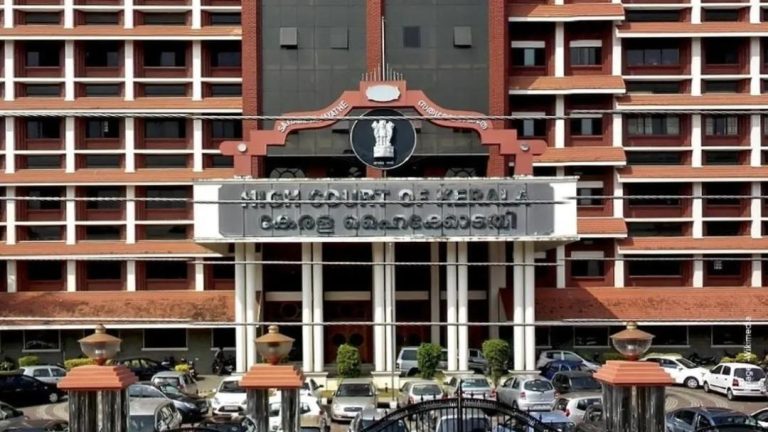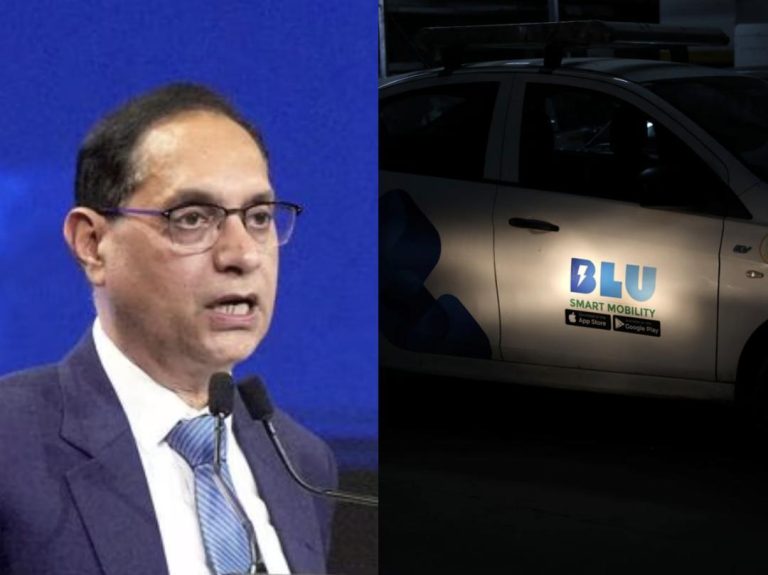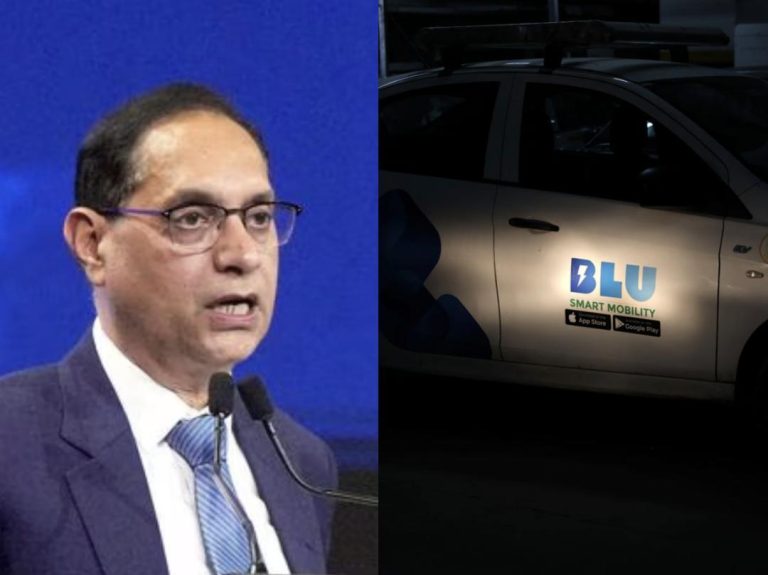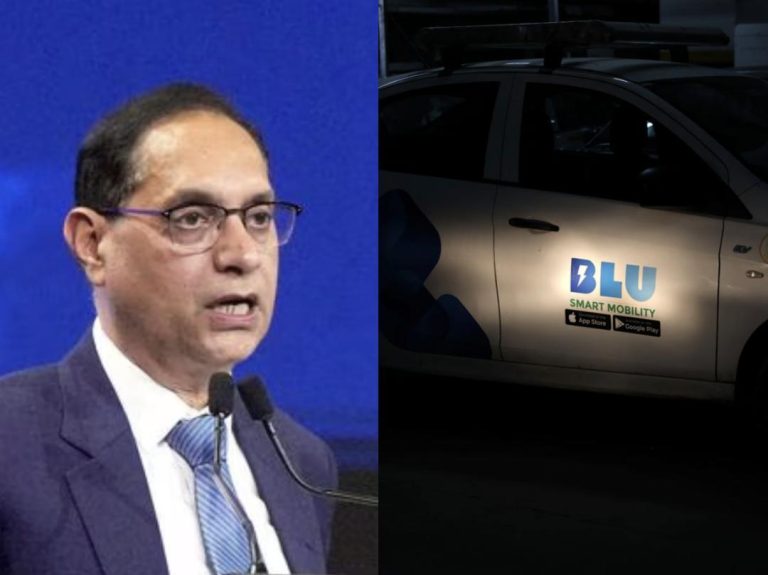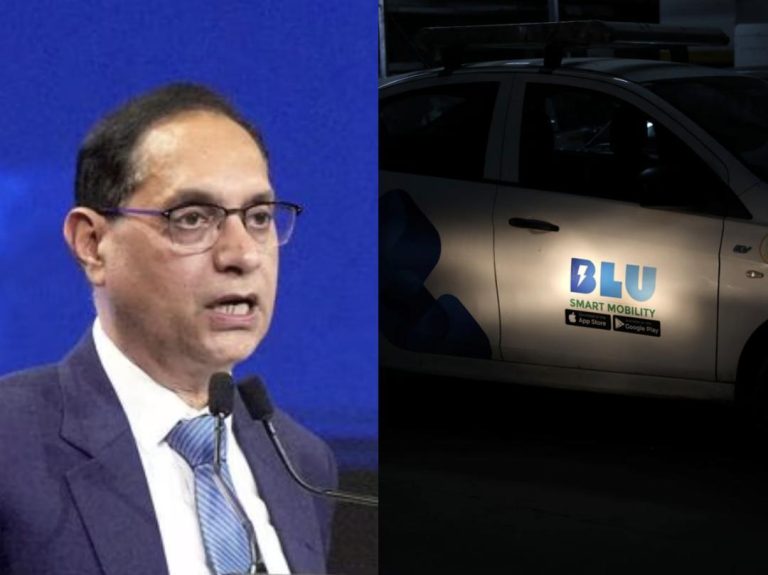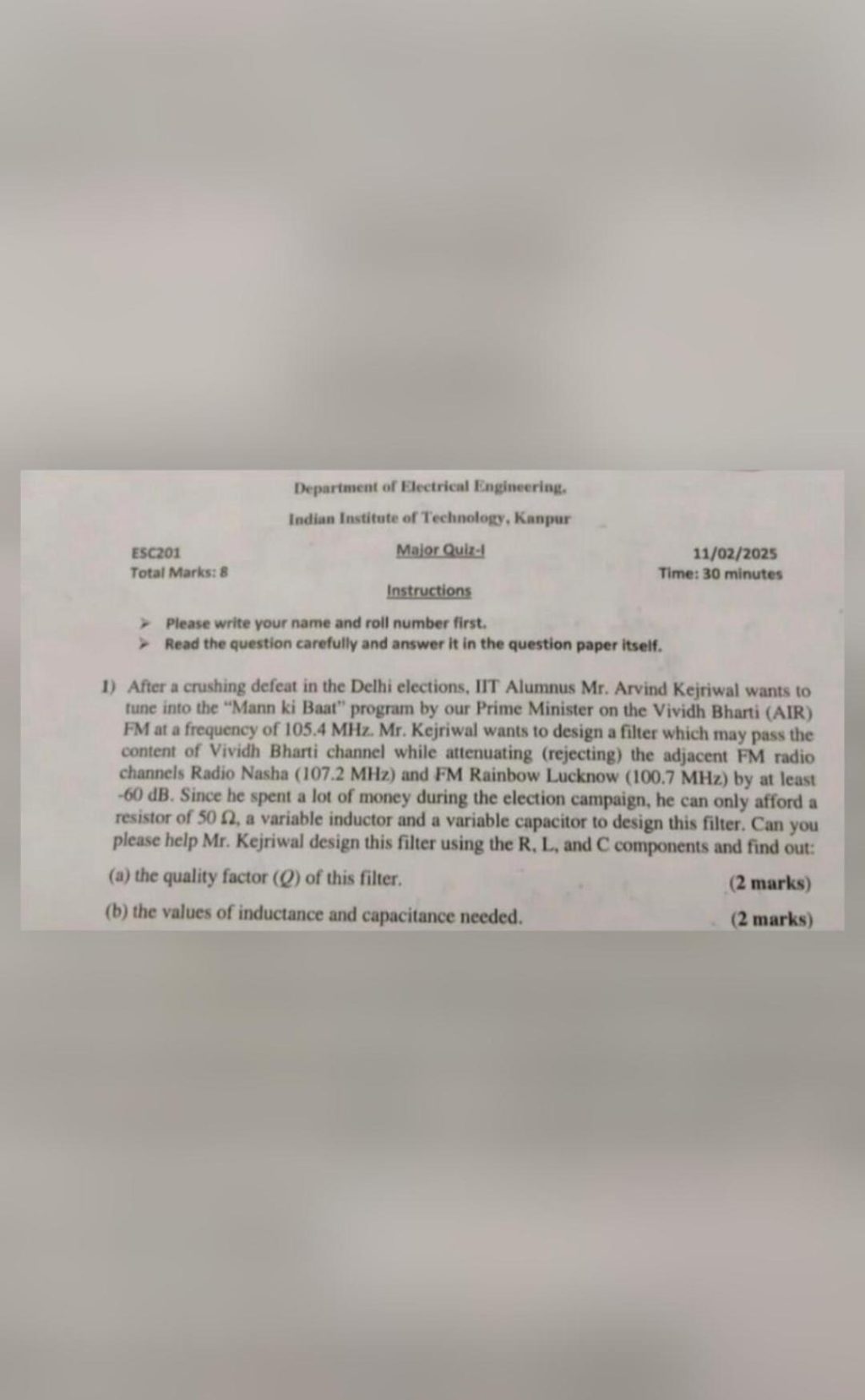
Title: Wanted Exam to be More Engaging: IIT Kanpur on ‘Kejriwal & Mann Ki Baat’ Question
In an unprecedented move, Indian Institute of Technology (IIT) Kanpur has confirmed that a question paper asking students to design a filter for Arvind Kejriwal, the Chief Minister of Delhi, to help him listen to Prime Minister Narendra Modi’s ‘Mann Ki Baat’ after Delhi poll loss went viral. The question, which has sparked a mix of amusement and curiosity among students and educators alike, has raised questions about the creative approach taken by the professor who drafted the paper.
For those who may not be familiar, ‘Mann Ki Baat’ is a monthly radio address by Prime Minister Narendra Modi, where he addresses the nation on various issues. The question paper, which has been doing the rounds on social media, asks students to design a filter that would help Arvind Kejriwal, who is known for his opposition to Modi’s policies, tune into ‘Mann Ki Baat’ after his defeat in the Delhi polls. The question is likely to have been meant to test the students’ creative thinking and problem-solving skills.
In an official statement, IIT Kanpur confirmed that the question paper was indeed real and that the professor who drafted it likes to use “references to well-known personalities…to make exam questions more engaging”. This approach, while unconventional, is aimed at encouraging students to think outside the box and approach problems from different angles.
The question has sparked a lively debate among students and educators, with some praising the professor’s creative approach and others expressing concern about the relevance of the question to the exam’s syllabus. While some have argued that the question is too frivolous and lacks academic rigor, others have praised the professor for trying to make the exam more engaging and interactive.
It is worth noting that IIT Kanpur is known for its innovative approach to education and has been at the forefront of introducing new and unconventional teaching methods. The institute has been recognized for its commitment to innovation and has been ranked among the top 20 universities in the world by various global rankings.
The ‘Kejriwal & Mann Ki Baat’ question has also raised questions about the role of creativity in exams. While traditional exams often focus on testing students’ knowledge and recall of facts, there is a growing recognition of the importance of creative thinking and problem-solving skills in today’s world. The question, which requires students to think creatively and come up with innovative solutions, is a refreshing change from the traditional rote-learning approach that is often prevalent in Indian education.
However, the question has also raised concerns about the potential bias and partisanship that may be embedded in the question. Critics have argued that the question is too political and may be perceived as biased against the opposition party. While the professor’s intention may have been to make the exam more engaging, the question may have unintended consequences and may be perceived as promoting a particular ideology.
In conclusion, the ‘Kejriwal & Mann Ki Baat’ question has sparked a lively debate about the role of creativity and engagement in exams. While some may argue that the question is too unconventional and lacks academic rigor, others have praised the professor’s innovative approach and the potential benefits of making exams more engaging and interactive. As educators, we need to strike a balance between academic rigor and creative thinking, and the ‘Kejriwal & Mann Ki Baat’ question serves as a reminder of the importance of innovative and engaging teaching methods.

